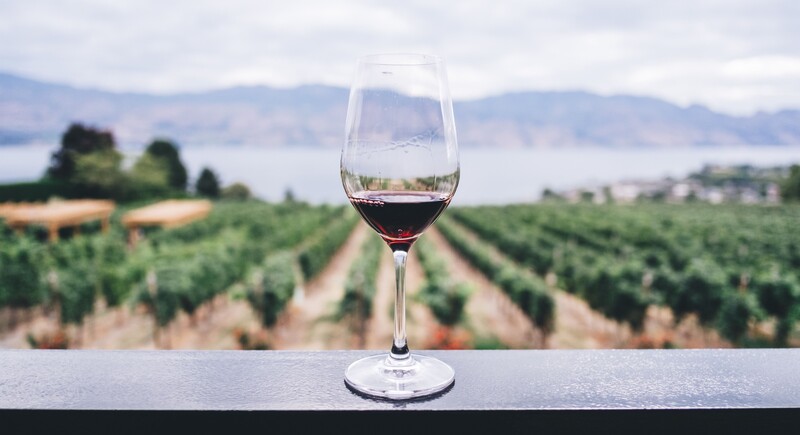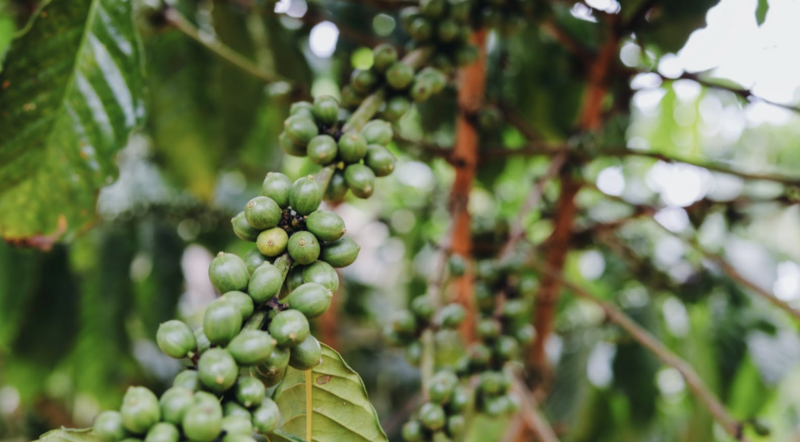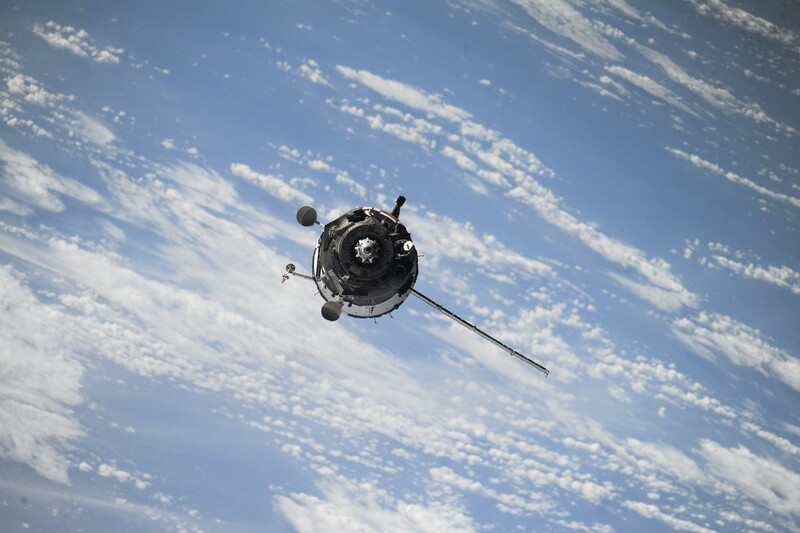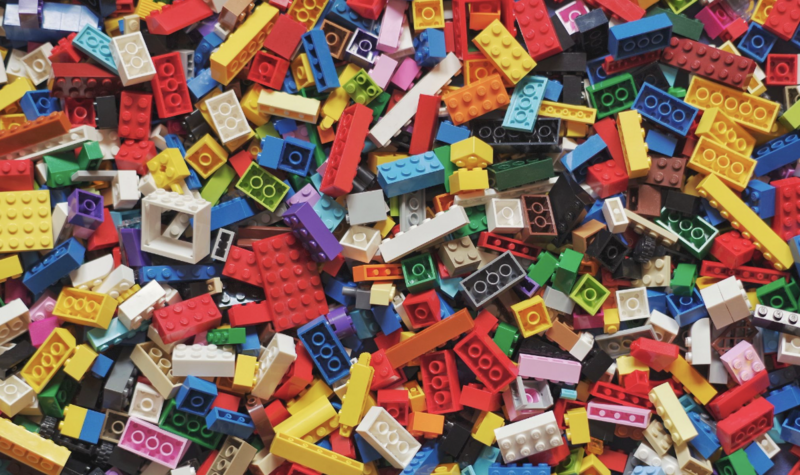Canada proposed a new strategy to slash methane emissions by offering cattle farmers incentives if they feed their cows food that will make them burp less.
Yes, we are dead serious.
What happened: The plan would give farmers offset credits for switching their cows to feed with additives (like oil and extra grain) that reduce the amount of methane cattle produce. These credits can then be sold to companies to help them meet emissions reduction goals.
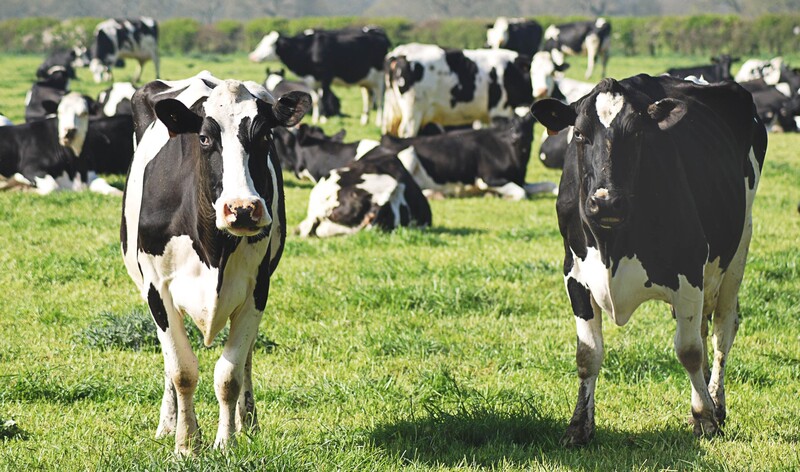
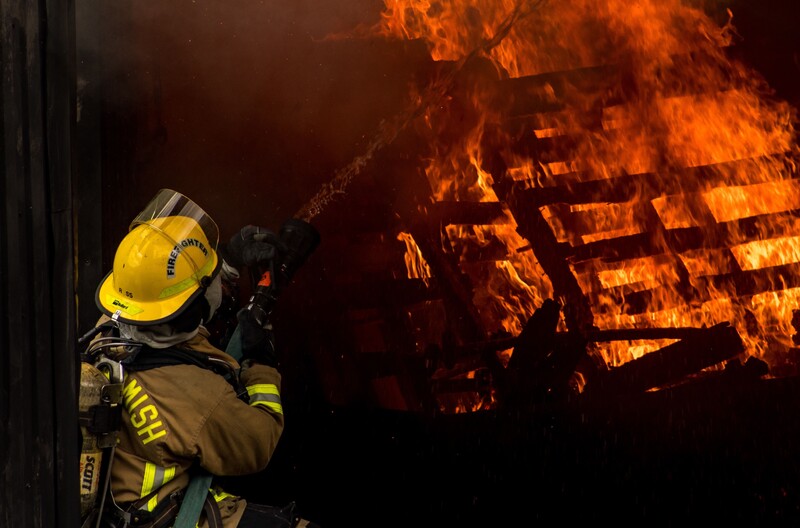
.png)
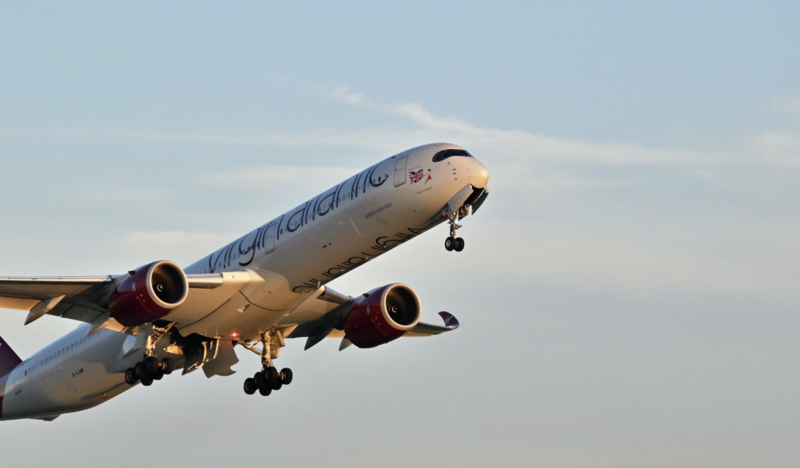
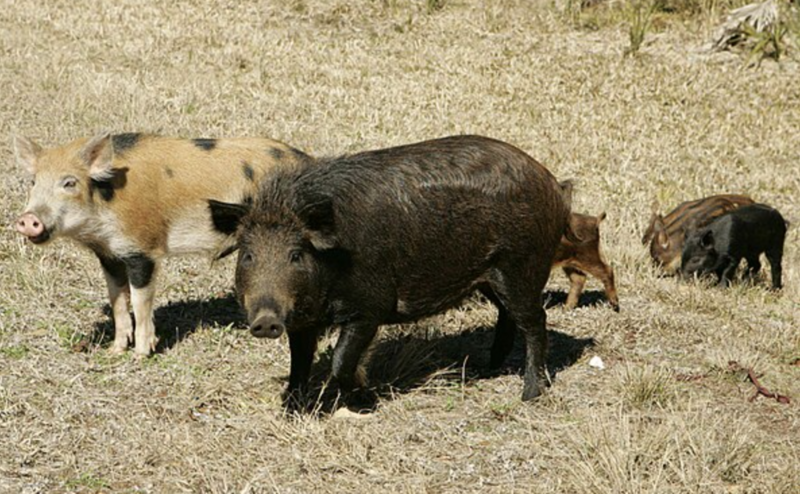
.png)
